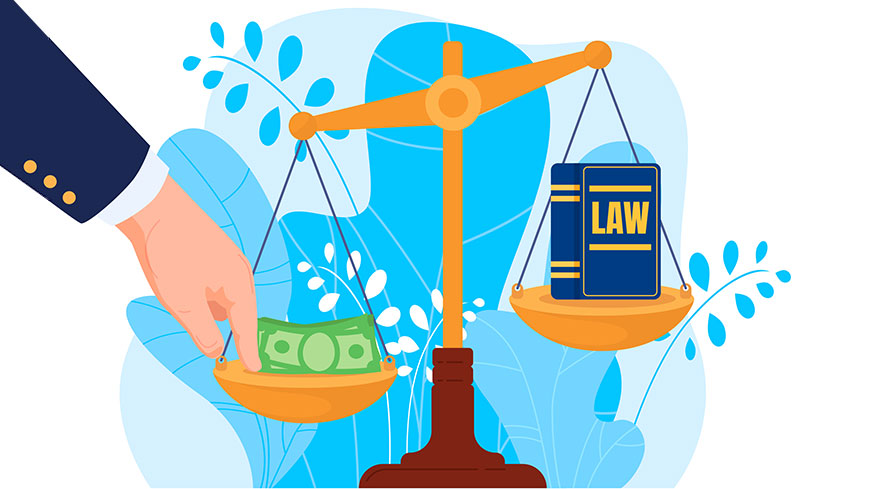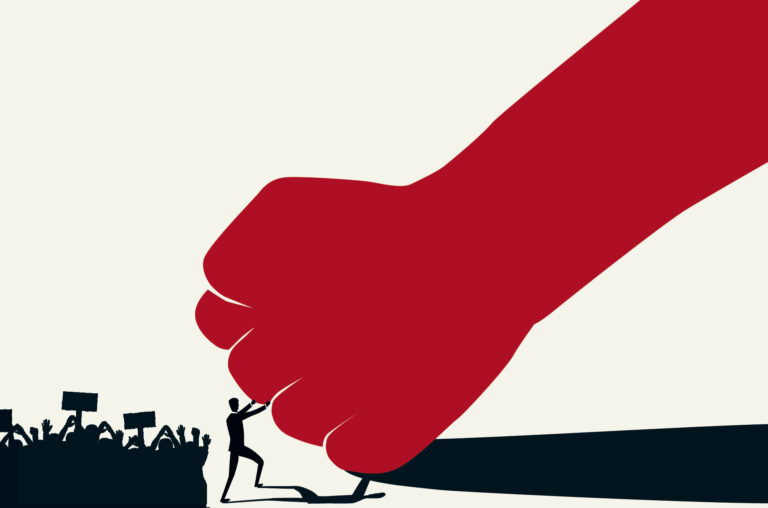
Political corruption, once seen as a shadowy governance aspect, has become a significant concern in many countries worldwide. The unsettling reality is that when leaders are “bought,” the very foundation of democracy is at risk. Political corruption undermines public trust, erodes the integrity of institutions, and leads to social and economic instability. But what exactly happens when leaders are corrupted and beholden to special interests or wealthy backers? The far-reaching consequences affect everything from policy decisions to national development and citizens’ well-being.
The Rise of “Bought” Leaders
In a political context, ” bought ” refers to leaders who allow themselves to be influenced or controlled by external financial or corporate interests in exchange for personal gain or political power. This can occur in many forms—whether it be through direct bribes, campaign donations from corporations, or promises of lucrative deals after leaving office. Sometimes, leaders may receive kickbacks for facilitating business deals or turning a blind eye to illegal activities.
When politicians prioritize the interests of their wealthy backers over those of the general public, the political system’s integrity is severely compromised. Instead of making decisions that benefit the majority, these leaders push policies that serve the interests of a small elite, exacerbating inequality and leaving the needs of ordinary citizens unmet. The growing influence of money in politics has made it increasingly difficult for genuine public concerns to be addressed, and the system has become skewed in favor of those with the financial means to exert influence.
The Impact on Governance and Policy
When financial interests compromise leaders, their policy decisions often reflect those interests rather than the public good. For example, a politician might push for deregulation that benefits a corporation contributing to their campaign, even if it negatively impacts the environment or public health. Alternatively, they may approve tax cuts for the wealthy while ignoring the needs of social programs or public services that are vital for lower-income citizens.
In many cases, these policies undermine the democratic process itself. Citizens begin to feel that their voices do not matter because their leaders no longer work for them. As a result, public trust in government erodes, and voter turnout often declines. Corruption breeds a sense of disillusionment among the electorate, leading to greater political apathy and weakening the democratic foundations of the nation.
Economic Consequences
Corruption also has severe economic repercussions. When leaders are bought, they may implement policies that favor a few businesses or individuals, often at the expense of broader financial stability. The manipulation of government contracts, such as awarding no-bid contracts to companies owned by friends or family members, can result in inefficient allocation of resources and wasteful spending.
The financial losses from corruption can be staggering. Instead, public funds that should be used for infrastructure, education, and healthcare are funneled into the pockets of corrupt politicians and their allies. This leads to a vicious cycle where the gap between the rich and the poor widens, and the country’s economy suffers in the long run. Foreign investment may also dwindle as investors are wary of entering markets where corruption is rampant, further stalling economic growth.
The Erosion of Democracy
Perhaps the most dangerous consequence of political corruption is the erosion of democracy itself. When leaders act in their interests, they often take steps to silence opposition, suppress dissent, and undermine the free press. Independent media may be targeted, and whistleblowers may face retaliation. Political opponents may be disqualified or imprisoned under fabricated charges. In extreme cases, corrupt leaders might engage in electoral fraud to ensure their continued hold on power.
The cycle of corruption leads to authoritarianism, where power becomes increasingly concentrated in the hands of a few, and citizens lose their ability to influence the political process. The democratic principle of “government of the people, by the people, for the people” becomes hollow as leaders prioritize their wealth and power over the electorate’s needs.
Fighting Back Against Corruption
Addressing political corruption requires strong institutions, transparency, and accountability. Anti-corruption laws must be rigorously enforced, and leaders must be held accountable. Civil society, independent media, and the electorate are crucial in demanding transparency and exposing corrupt practices. Public awareness campaigns and robust legal frameworks are essential to curbing corruption and ensuring that politicians work for the public good, not for personal gain.
While corruption may seem pervasive, it is not insurmountable. Through collective action and vigilance, citizens can demand better governance and hold leaders accountable for their actions. Only then can the cycle of corruption be broken, restoring integrity and trust to political systems worldwide.







